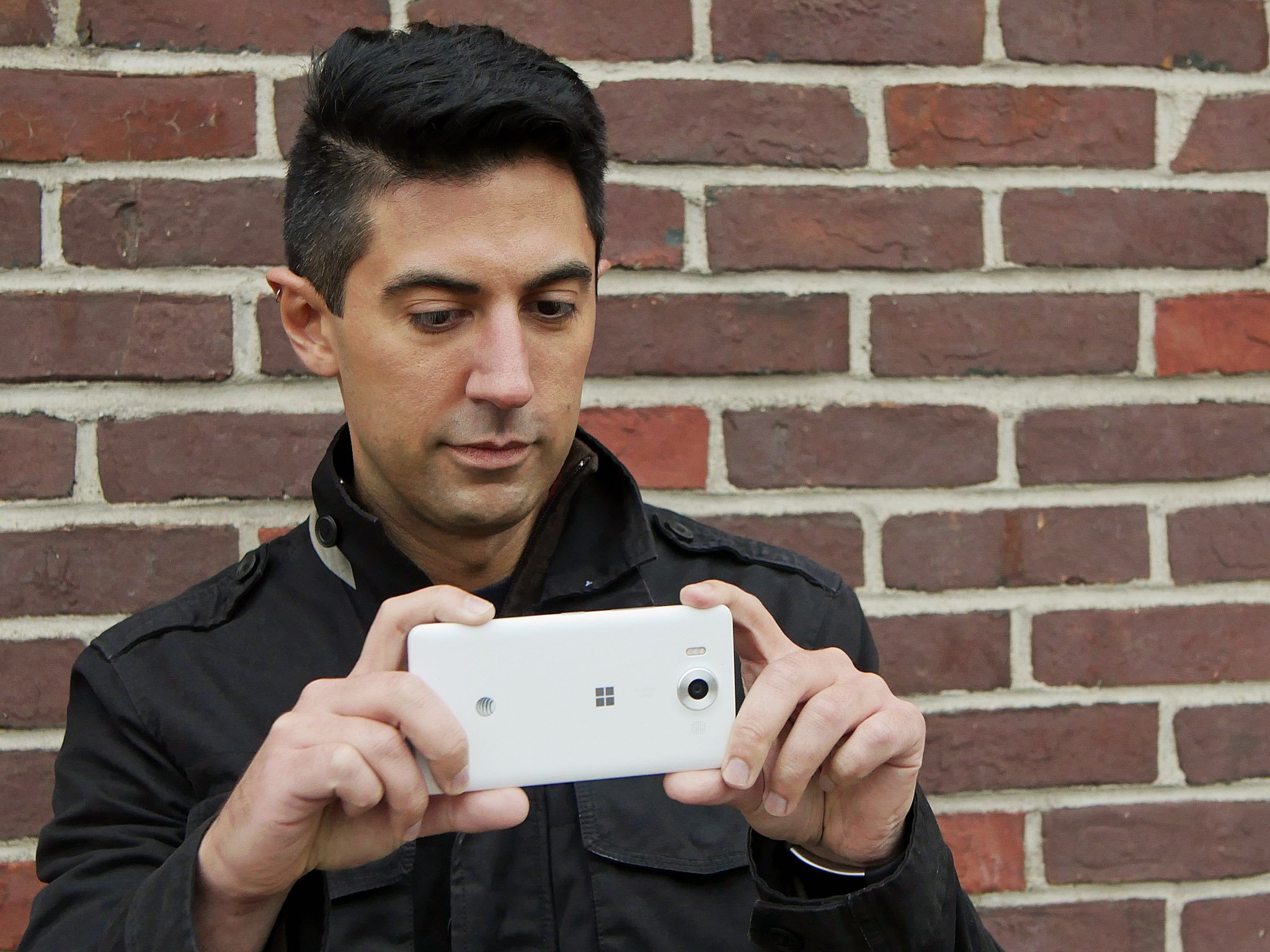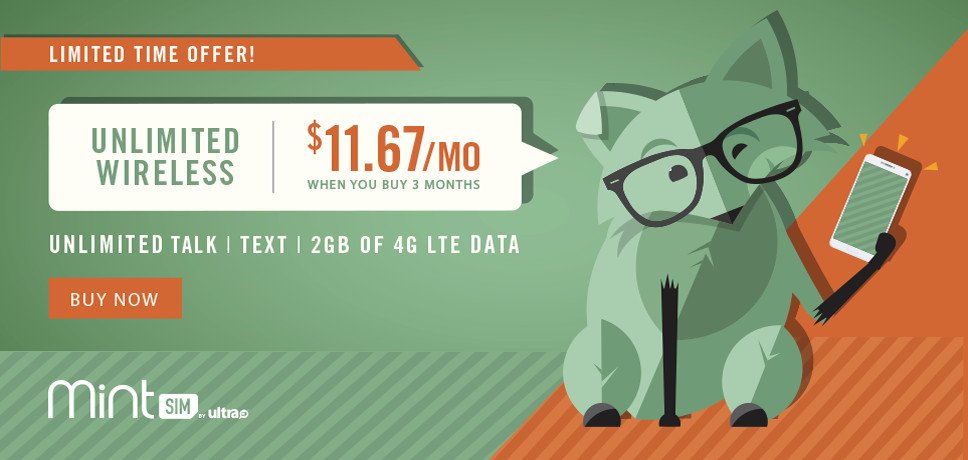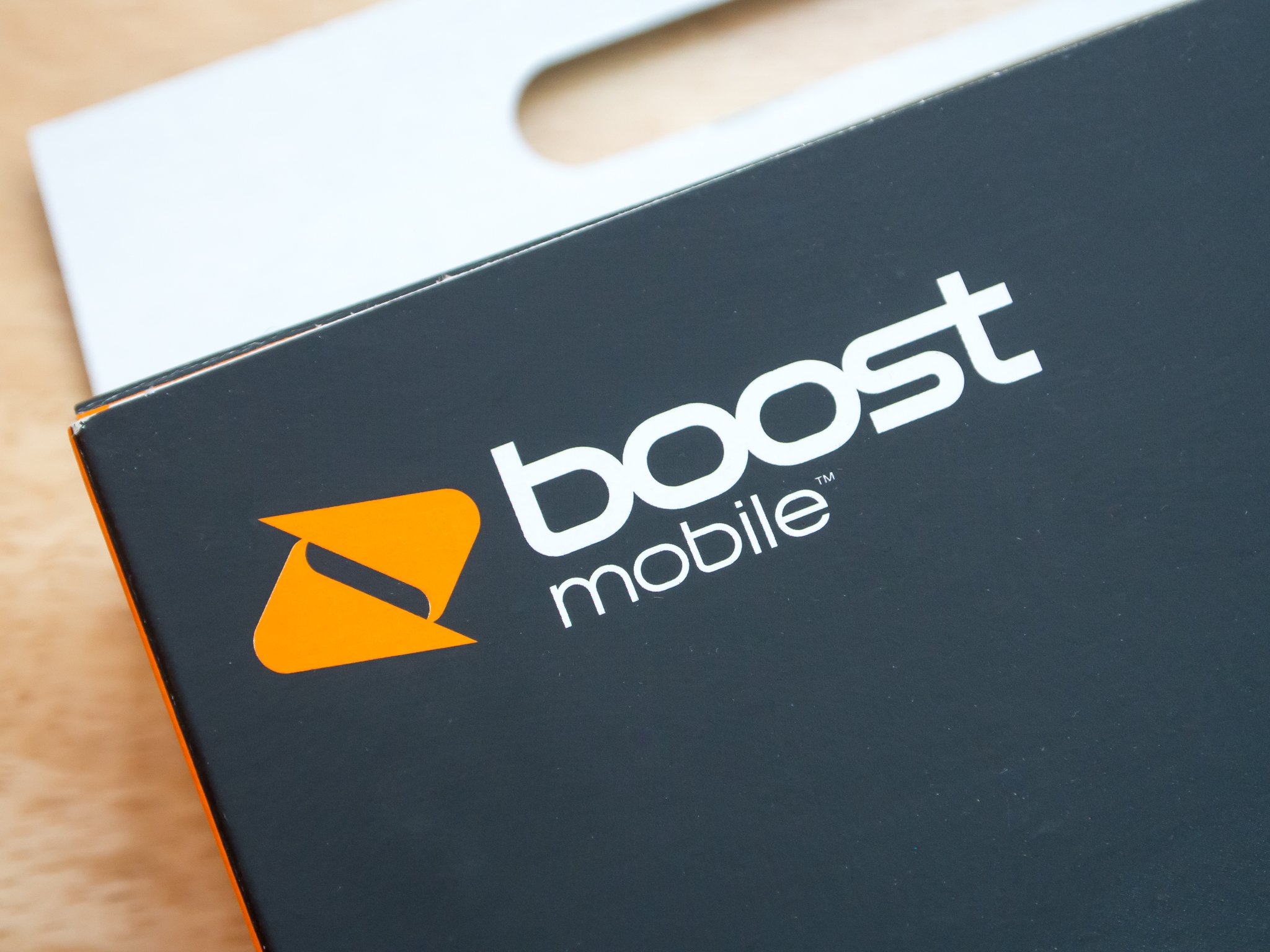What is an alternative mobile carrier?
Alternative mobile carriers are often cheaper and just as reliable as the networks they rely on.

Alternative carriers abound around the world and are becoming an increasingly reliable source of low-cost connectivity in the U.S. Also known as an MVNO, or Mobile Virtual Network Operator, these alternative operators are often no-frills and cost less than the incumbent networks on which they operate.

Advertisement
What is an alternative mobile operator?
The idea behind an MVNO is simple: instead of spending the billions of dollars building an entirely new nationwide network, companies enter into deals with the incumbent providers in a particular country — in the U.S., that's T-Mobile, AT&T, Verizon, and Sprint — to resell access to their networks. These often come in the form of contracts, where the smaller companies will buy space on the network — voice, messaging and, of course, data — at a heavily discounted, bulk rate, and sell it to you, the customer, for a profit.
This benefits everyone in the equation: the incumbent gets a bunch of money upfront to invest back into its business, or give to shareholders in the form of dividends; the alternate provider gets to sell access to the network at a lower cost to the incumbent while still making a profit; and you, the user, gets to purchase access to a high-quality, fast and reliable network at prices lower than those incumbents.
Such a market only works when there is robust competition in the wireless market, which increasingly exists in the U.S. and is extremely common across Europe, where the market was built with alternative providers in mind.
So what's the big deal?

Alternative providers don't often have the financial resources to build their own networks, which is why they purchase wholesale access from the companies that do, like the ones mentioned above. But because these smaller companies don't have the overhead of maintaining a network — the virtual in the term MVNO — they have more flexibility to provide service at lower costs. For people looking just to connect to a network without all the frills and fringe benefits that come with a contract, these are great options.
Because these smaller companies don't have the overhead of maintaining a network, they have more flexibility to provide service at lower costs.
The other thing is that MVNOs are usually aimed at single account holders — most eschew the share or family plan model of the larger incumbents — or specific demographics that may not be hit directly by the Big Four. In other words, alternative carriers are exactly that: meant to capture the customers remaining in the margins, or those looking to pay bottom dollar to avoid the often-superfluous frills — T-Mobile Tuesdays come to mind — that are, many times, built into the cost of the plans of the incumbents.
Get the Windows Central Newsletter
All the latest news, reviews, and guides for Windows and Xbox diehards.

Advertisement
Some alternative carriers, such as Cricket Wireless and Boost Mobile, are owned by the Big Four themselves — AT&T and Sprint, respectively — which allows the major incumbents to get ahead of any customers who want to leave by offering them a simplified, often discounted alternative that keeps them in the network.
More than one network

But many alternative carriers don't only use one network. Ting, for instance, uses both T-Mobile and Sprint, deciding between the two dynamically depending on the coverage.
Instead of spending the billions of dollars building an entirely new nationwide network, companies enter into deals with the incumbent providers in a particular country.
That's another advantage of these virtual operators: They can negotiate great deals with a number of carriers, and thanks to the beauty of the SIM card, give customers the best option wherever they are.
Fewer phones
Finally, one thing to keep in mind about alternative networks is that the companies often don't offer the latest and greatest smartphones. In fact, they often don't sell phones at all. That's because they don't want the hassle, and the overhead, of having to stock expensive devices they may not use. That's where unlocked phones come in.

Advertisement
If you're savvy enough to buy a phone that you know will connect to the network of a particular carrier, you can save big money over the same two-year period a phone is usually paid off when on a big carrier.
Your turn
Are you subscribed to an alternative carrier? If so, which one, and why? We're really curious, so let us know in the comments.

